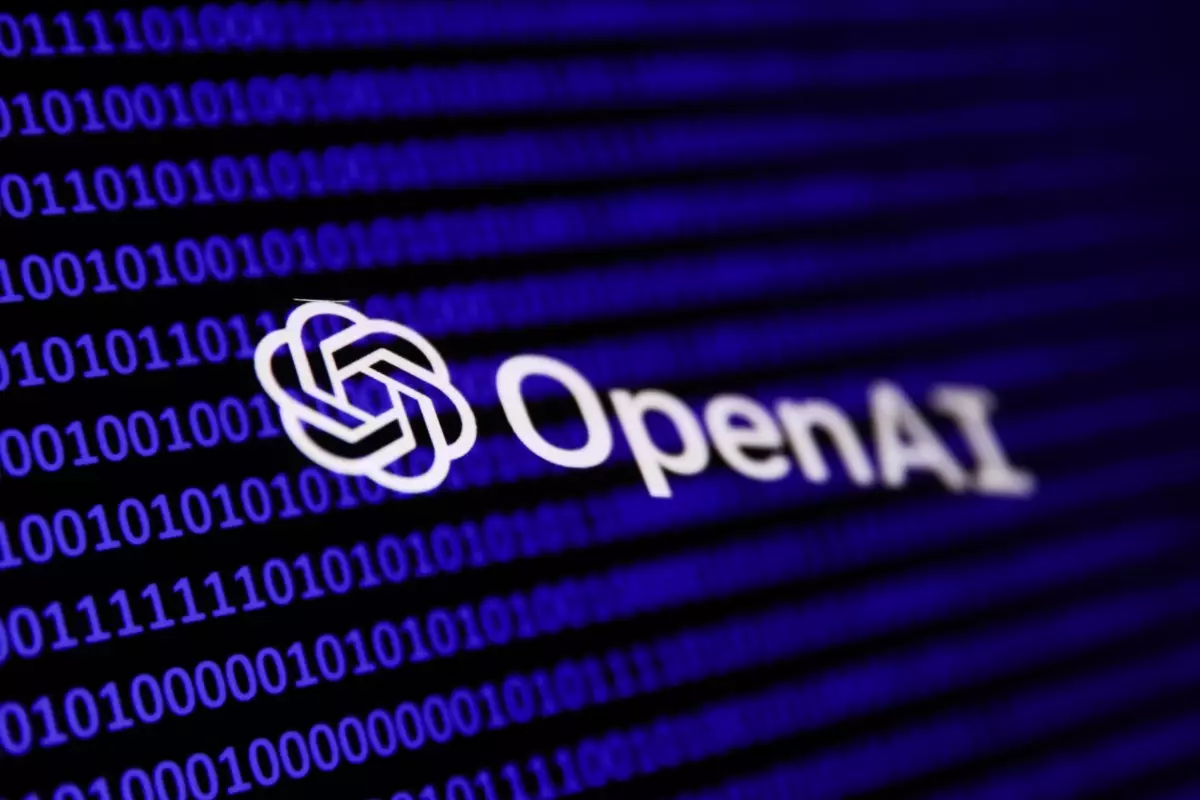In a surprising turn of events, Meta, the parent company of Facebook, has aligned itself with Elon Musk in opposing OpenAI’s transition from a non-profit to a for-profit model. According to reports from the Wall Street Journal, Meta’s involvement includes a formal letter directed to California Attorney General Rob Bonta. The letter articulates Meta’s concerns that this transition may have “seismic implications for Silicon Valley,” signaling a shift that could impact the entire tech landscape. The proximity of Meta’s interests to this issue raises eyebrows, particularly considering the competitive context within the rapidly advancing field of artificial intelligence.
Meta’s correspondence does not merely serve as a voice of concern; it also advocates for decisive governmental intervention. The company explicitly requests Attorney General Bonta to take “direct action” against OpenAI’s new business model. This raises critical questions about the potential ramifications of such a shift in operational structure. If OpenAI’s for-profit model is permitted, it may create a significant disparity between non-profit investors and those who engage with for-profit enterprises. As Meta pointedly notes in its letter, there could arise a situation where non-profit investors enjoy the financial benefits of a for-profit model while also claiming government-facilitated tax benefits. This hybrid situation complicates traditional investment frameworks and poses ethical dilemmas that lawmakers need to address.
This controversy is further complicated by Musk’s intricate relationship with OpenAI. Having been one of its co-founders, Musk has since distanced himself from the organization, catalyzing the formation of his own AI enterprise, xAI. His pursuit of legal avenues to halt OpenAI’s transition demonstrates both personal and professional stakes in the matter. Musk and former OpenAI board member Shivon Zilis are being deemed by Meta as “qualified and well-positioned” to reflect the concerns of Californians. This endorsement suggests that Meta views the situation as not just a corporate battle, but also as a broader issue affecting public interest.
In the backdrop of this unfolding situation is the fact that Meta has emerged as one of OpenAI’s notable competitors in the AI sector. This rivalry introduces another layer of complexity to the narrative. It prompts us to consider whether Meta’s support for Musk’s efforts is rooted in genuine concern for regulatory fairness or if it is driven by a desire to undermine a competing entity. The timing and nature of Meta’s advocacy might indicate a strategic maneuver within a cut-throat industry where various stakeholders are vying for technological dominance.
The intersection of corporate strategy, legal frameworks, and ethical standards in the realm of artificial intelligence is fascinating yet fraught with risks. As Meta and Musk rally against OpenAI’s potential shift, this situation underscores the urgent need for a nuanced dialogue about the future of AI governance. The outcomes of these discussions will undoubtedly shape not only the operational trajectories of companies involved but also the broader implications for technological innovation and ethical investment in the years to come. The stakes are high, and the eyes of the tech world will certainly remain fixated on California as this critical legal and ethical debate unfolds.

